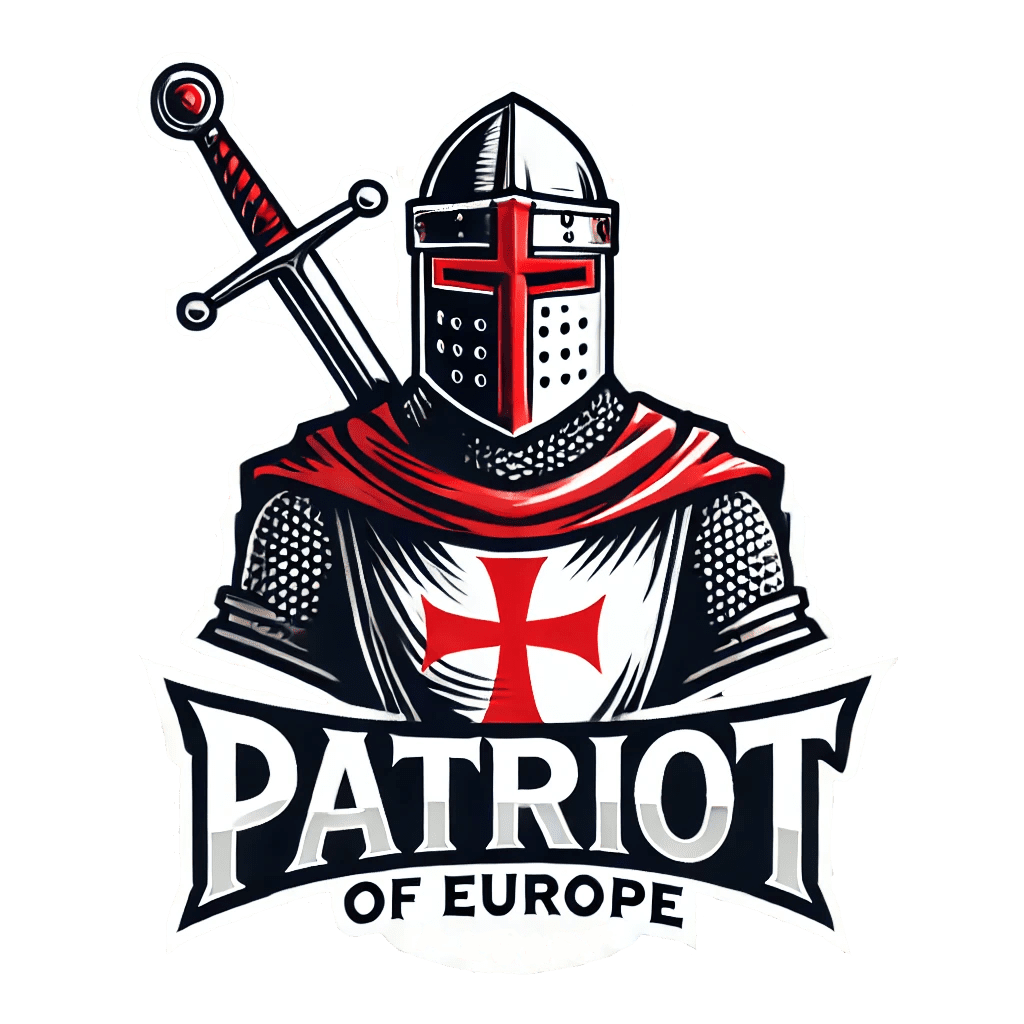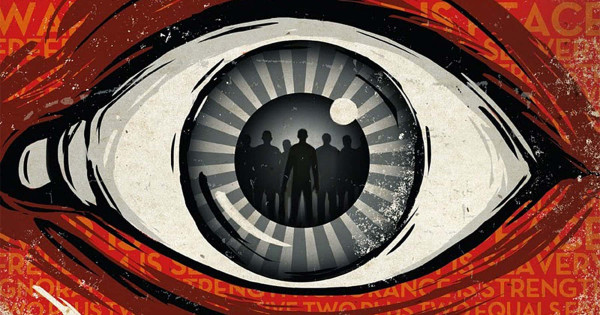A project worth more than €5 million, presented as a means of defending democracy – fact-checking – is nothing more than a velvet gauntlet on the iron fist of European content management. The background to all this is that the European Commission has launched an initiative to support fact-checkers. Underneath the surface, however, this is a strategically planned step towards further institutionalizing state-funded censorship within the European Union. The call for proposals was published to protect democracy and fight disinformation, but the structure, objectives and institutional embeddedness suggest otherwise. That is, a centrally controlled apparatus to enforce official narratives, financed from public funds, of course.
The project will run until 2 September 2025 and is aimed not only at organisations in EU Member States, but also specifically at candidate countries such as Ukraine and Moldova, which the EU considers to be particularly vulnerable to “foreign interference”, in particular pro-Kremlin disinformation. This strategic framework serves two purposes at the same time: on the one hand, to legitimize increased monitoring of content, and on the other hand, to ensure narrative control in geopolitically sensitive regions. The central objectives of the programme are to protect fact-checkers from alleged “harassment”, to create a central fact-checking archive and to build a “response capacity” to crisis situations. At first glance, they seem harmless, but beyond the euphemistic language, a plan for a continent-wide content monitoring system is emerging.
The proposed “protection system” will provide legal and technical assistance to fact-checkers. At the same time, it reinforces the narrative that criticism of these organizations is not a legitimate expression of opinion, but an abusive attack. The “Fact-Checker Repository” is used to compile a definition of what is to be considered “truth”. The envisaged ’emergency function’ will allow the Commission to act swiftly against dissenting information in politically explosive situations, under the pretext of ‘crisis response’. In particular, participating organisations must be certified by the European Fact-Checking Standards Network (EFCSN) or the International Fact-Checking Network (IFCN). Many of these certified bodies, including AFP or Full Fact, are already working closely with social networks such as Meta as part of external moderation programs.
This means that the European Commission is using public money to expand the privileged class of information gatekeepers, who are already intertwined with the censorship mechanisms of large companies, thereby giving them additional state legitimacy and funding. At least 60% of the funds will go to third parties, depending on the co-financing of the beneficiaries, which is another step towards anchoring these structures in the European information space. The Commission describes this initiative as part of the so-called ‘European Democracy Shield’, a term that in practice is rhetoric aimed at restricting freedom of expression.
Almost all of the project’s policy elements are related to tackling so-called ‘disinformation’. However, there is no precise or objective definition of this term, which gives the Commission maximum flexibility to suppress undesirable allegations, while the deliberate “vagueness” paves the way for a tool that can be directed against a wide range of critical voices by excluding scrutiny and blessing the EU bureaucracy.
Translated and edited by Johan Belgen

